Macquarie University spin-out Celosia Therapeutics nabs $16.8m to take ALS treatment to trial
A biotech start-up that has shown the ability to pause and in some cases reverse ALS disease in mice has raised around $16.8m to trial the treatment on people.
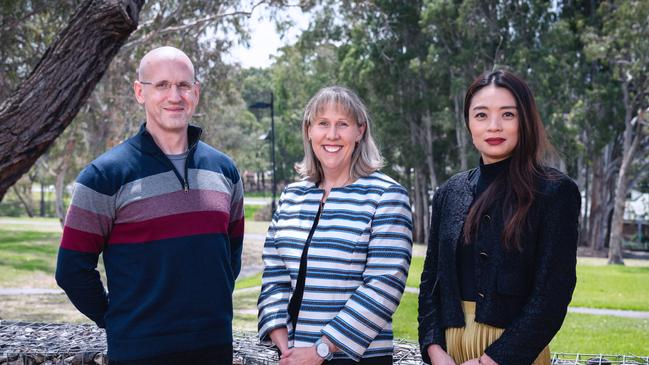
A biotech start-up that has shown the ability to pause and in some cases reverse neurodegenerative diseases in mice has raised around $16.8m to trial the treatment.
Celosia Therapeutics, a Macquarie University spin-out, has picked up the funds by way of Uniseed for its lead treatment – called CTX-1000 – which is attempting to treat amyotrophic lateral sclerosis, more commonly known as ALS disease.
CEO Kathryn Sunn said CTX-1000 was a disease-modifying therapy that targets a protein that harms motor neurons in the spine and brain. The motor neurons – the cells in the brain and spine that control breathing, speaking, swallowing and movement – in a person with ALS degrade over time and eventually die. The disease, which effects as many as 2000 Australians at any one time, is terminal and has a median survival time of 2½ years, Dr Sunn said.
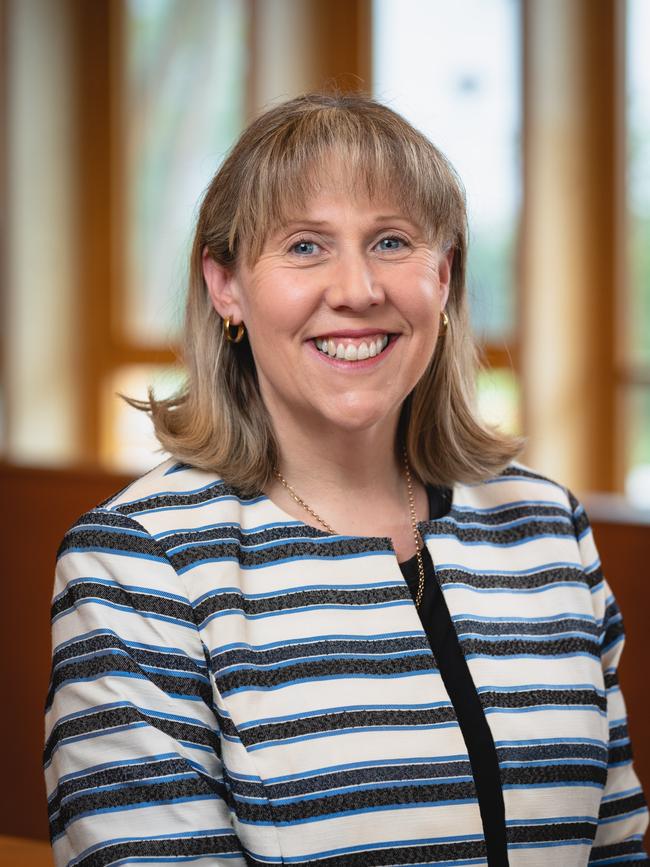
While there are treatments, Dr Sunn said they “treat the symptoms more so than the cause”.
“In terms of survival change, it’s quite short-term. They’re not what we call disease modifying, they don’t halt the disease at all,” Dr Sunn said, adding the treatments have been shown to give a maximum increased life expectancy of six months and require either daily or monthly dosing. “Whereas our CTX-1000 is disease modifying in that it stops the disease in its tracks and it’s a single administration.”
Celosia’s CTX-1000 targets pathological forms TDP 43 or TAR DNA-binding protein 43. “TDP 43 is a protein that regulates RNA processing and gene expression and it is something that is a pathological feature in many neurodegenerative diseases, a predominant one being ALS, but also Alzheimer’s and frontotemporal dementia,” she said.
The treatment is based on Adenovirus Vector, which she described as a “safe virus” that is commonly used in gene therapy.
While it was impossible to say at what stage of ALS the treatment could reverse its effect, Dr Sunn said its early trials had “shown improvement in even the most severe of these animal models”.
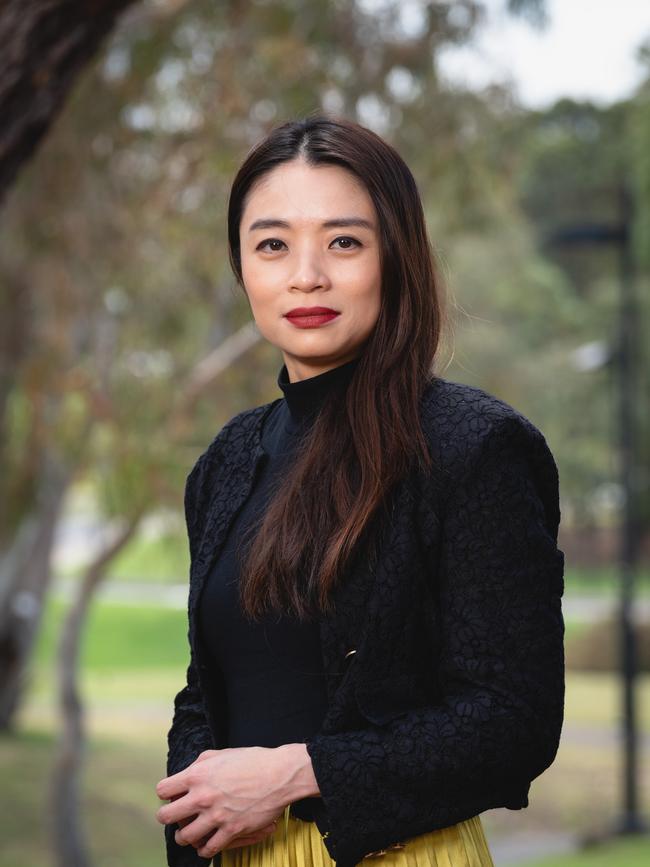
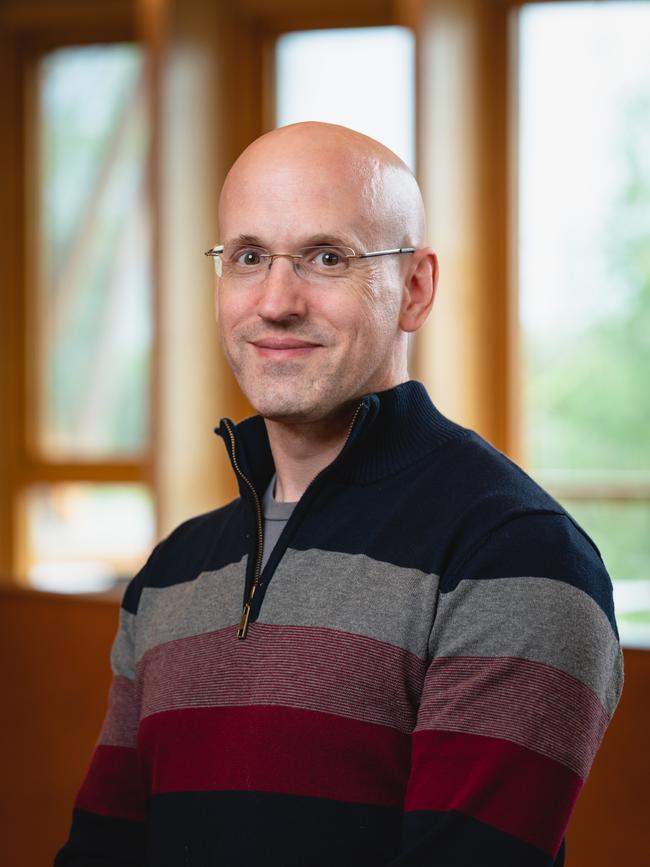
The funding round arrives on the back of what Dr Sunn describes as a biotech winter. “Post-Covid, what we call the biotech winter, it has become extremely difficult to receive funding for preclinical phase biotech,” she said.
“If you’re in the clinical phase, you’re pretty set, you’ve got a lot of choices out there, but in the preclinical phase, it is very difficult, particularly in Australia, as there’s not a lot of investors in that space because it’s much higher risk.”
Celosia Therapeutics was formed in 2022 as a “special purpose” vehicle within Macquarie University.
“The strategy of the university was such that it wanted to bring together the high caliber research that Macquarie has in the neurodegenerative space so that it could become a leader in the therapeutic space for neuro disease,” Dr Sunn said.
The biotech’s lead treatment, CTX-1000, was the culmination of a combined 15 years of research by the biotech’s chief medical officer Professor Lars Ittner and chief operating officer Professor Yazi Ke.
The new funding round, which also received a major contribution from hedge fund manager and ALS patient, Mr Iomar Barrett, and support from UniSuper, will help Celosia Therapeutics get regulatory approval to proceed with the trial.
“Obviously with any genetic medicine or gene therapy, there is considerable cost in the production of the actual therapy and so this will really fast track us to get to the clinic by late 2025,” Dr Sunn said.
Celosia Therapeutics human trial will involve between 12 to 15 patients and take place over a two-year period at Macquarie University Hospital. It is expected to wrap up by late 2028.



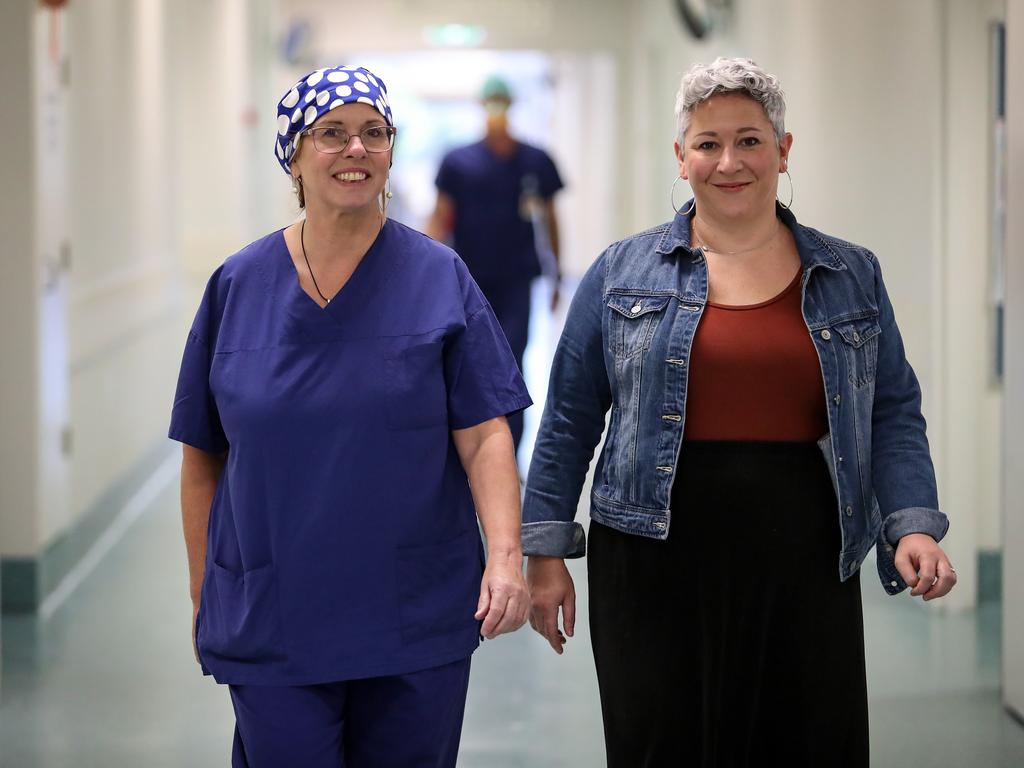

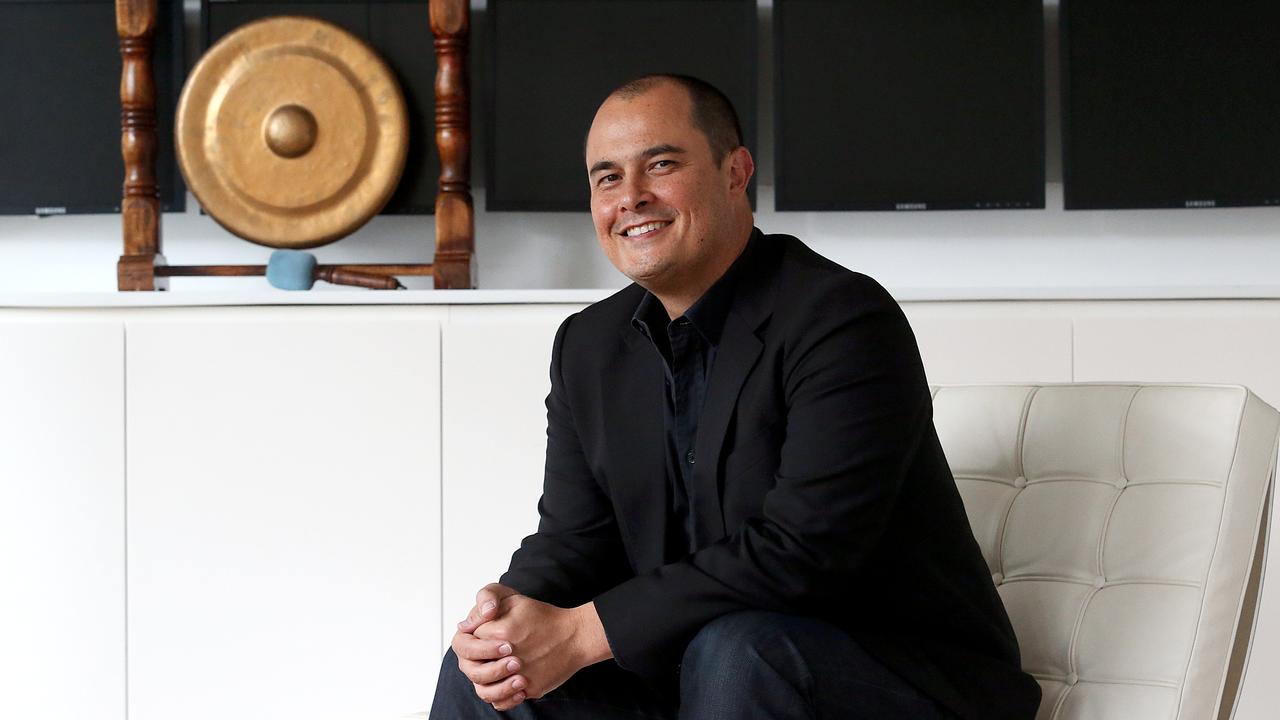
To join the conversation, please log in. Don't have an account? Register
Join the conversation, you are commenting as Logout